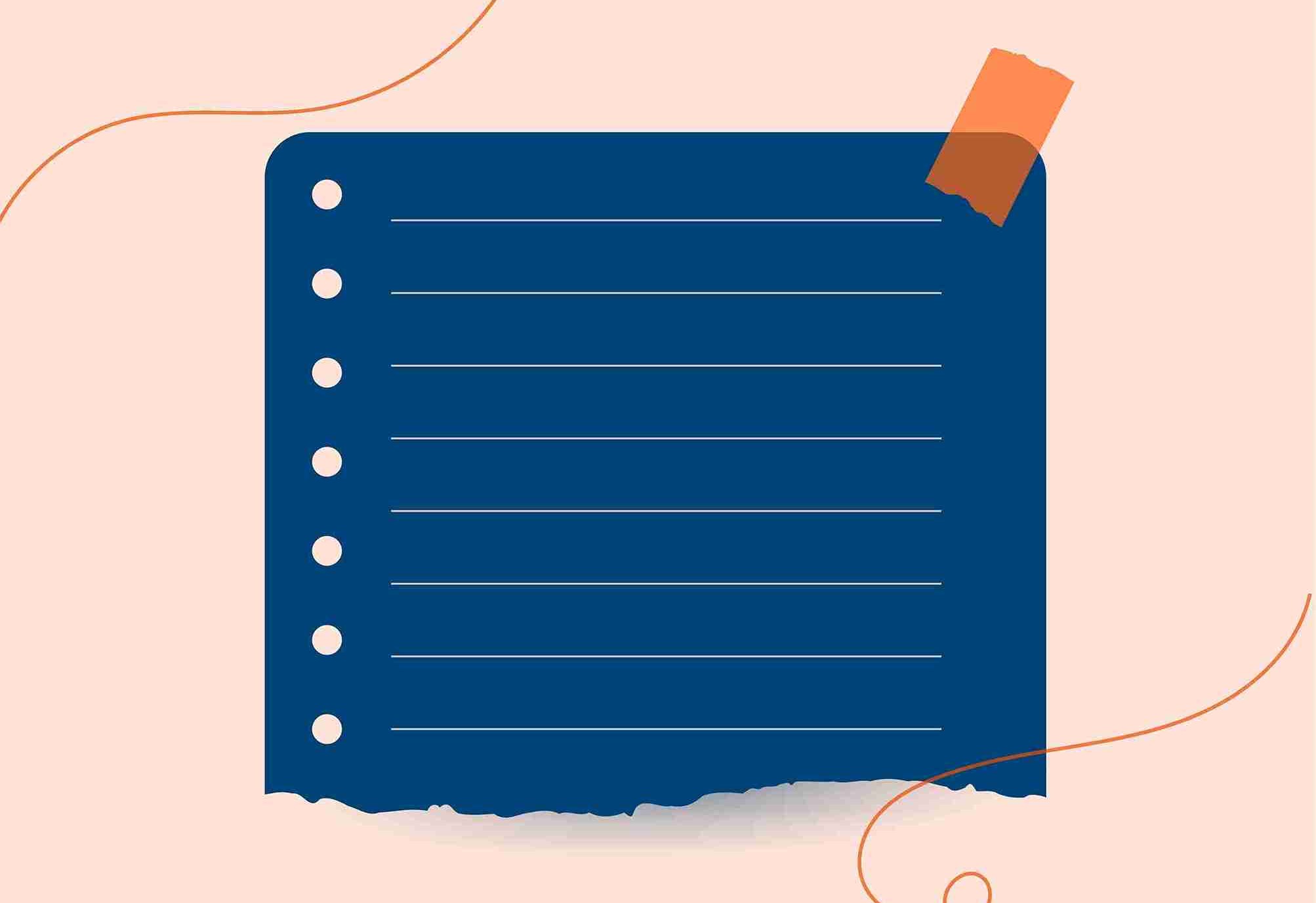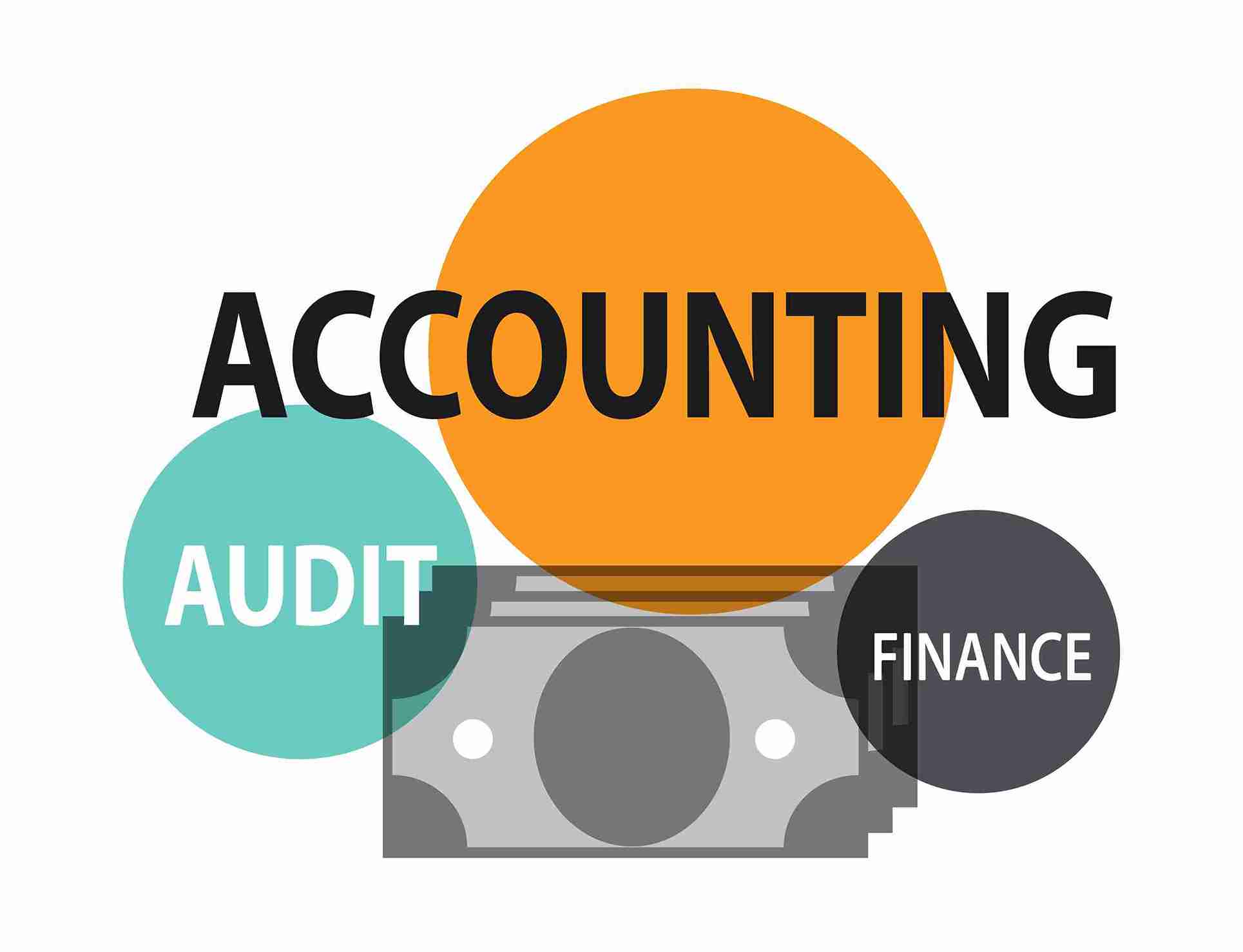Asking the right questions in an interview is just as important as answering them. Smart questions show that you are prepared, serious about the role and genuinely interested in the company. Many candidates miss this opportunity, which can affect how interviewers perceive their engagement and curiosity.
This blog explains why asking questions is important, provides 10 smart questions to ask in an interview and tips on how to frame them professionally. Whether you are a fresher or an experienced professional, these questions help you leave a strong impression, understand the role better and make informed career decisions.
Why Asking Questions Is Important
Asking thoughtful questions shows genuine interest in the role and reflects preparation, confidence and clarity. It helps understand the company’s expectations, work culture, growth prospects and team structure. Interviewers also view candidates who ask relevant questions as proactive and serious about the opportunity. Good questions help assess whether the role aligns with long-term career goals, making the final decision more informed and meaningful.
10 Questions To Ask In An Interview
These questions are designed to give deeper clarity about the role, the team and the expectations. Here are some common questions given below:
1. Can you describe a typical day in this role?
Asking this question helps you get a clear picture of what your day-to-day responsibilities would look like. It shows the interviewer that you want to understand the role thoroughly and are preparing yourself to perform effectively. It also allows you to see if the work matches your skills and interests.
2. How do you measure success in this position?
This question demonstrates that you care about achieving results and aligning with the company’s goals. Interviewers appreciate candidates who are performance-oriented and want to contribute meaningfully. It also gives insight into the metrics or standards used to evaluate your work.
3. What are the biggest challenges someone in this role might face?
Asking about challenges shows that you are realistic, proactive, and ready to handle difficult situations. It reflects critical thinking and preparation. Additionally, knowing potential challenges helps you decide if this role aligns with your capabilities and growth plans.
4. Can you tell me about the team I would be working with?
This question shows your interest in collaboration and understanding the dynamics of your potential colleagues. Learning about the team’s structure, culture and work style helps you evaluate if you will fit in and can contribute effectively.
5. How does the company support employee growth and development?
Interviewers like candidates who are eager to learn and grow. This question reflects your long-term perspective and shows that you value continuous improvement. It also helps you understand the company’s learning opportunities, mentorship programs and training initiatives.
6. What do you enjoy most about working here?
Asking this question creates a personal connection with the interviewer and provides insight into the company culture. It helps you understand what makes the workplace positive and appealing and shows that you are interested in more than just the job description.
7. How does this role contribute to the company’s goals?
This question demonstrates that you think strategically and care about the bigger picture. Interviewers appreciate candidates who understand how their work impacts the organization and want to make meaningful contributions beyond their immediate tasks.
8. What qualities do successful employees in this role typically have?
This question helps you identify the skills, traits, and attitudes valued in the organization. It also allows you to reflect on your own strengths and show that you are willing to align with the company’s expectations and culture.
9. Can you explain the company’s approach to work-life balance?
Asking about work-life balance shows that you are thoughtful about maintaining productivity without compromising well-being. It also signals to the interviewer that you care about sustainability and long-term performance, which is important for any professional role.
10. What are the next steps in the hiring process?
This practical question demonstrates your interest in moving forward and shows that you are organized and professional. It helps you understand the timeline for follow-up and what to expect next, which reflects your seriousness about the opportunity.
Conclusion
Asking smart questions in an interview is a powerful way to stand out and leave a positive impression. Thoughtful questions also help you understand the team, work culture and growth opportunities, which is essential for making informed career decisions.
Keep your questions relevant, clear and professional. When you ask with confidence and purpose, it reflects self-awareness, professionalism and genuine interest. By preparing a few meaningful questions in advance, you can turn the interview into a two-way conversation that benefits both you and the employer.
Related Reads:
- How To Answer – What Is Your Ambition In Life?
- How To Answer – Why Do You Want To Join Our Company?
- How To Answer – What Is Your Current CTC?
FAQs
Q1: Why should I ask questions in an interview?
A- Asking questions shows your interest in the role, demonstrates preparation, and helps you understand the company and position better.
Q2: How many questions should I ask in an interview?
A- Usually, two to five well-thought-out questions are enough. Focus on quality over quantity to leave a strong impression.
Q3: Can freshers ask questions during an interview?
A- Yes. Freshers can ask about learning opportunities, team dynamics, and growth potential. It shows curiosity and enthusiasm.
Q4: Should I ask about salary or benefits in the first interview?
A- It is better to focus on the role, responsibilities, and company culture initially. Salary discussions are usually more appropriate after receiving an offer.
Q5: Can I ask about company culture during the interview?
A- Yes. Asking about work environment, team collaboration, and values shows that you care about fitting into the organization.
Q6: What type of questions impress interviewers the most?
A- Questions about role expectations, growth opportunities, team structure, and challenges demonstrate preparation and professionalism.
Q7: How do I make my questions sound professional?
A- Keep them clear, relevant to the role, and polite. Avoid personal or unrelated questions.
Q8: Can I ask about challenges in the role?
A- Yes. Asking about challenges shows that you are realistic, proactive, and prepared to handle difficulties.
Q9: Should I prepare questions in advance?
A- Absolutely. Preparing questions in advance helps you stay confident, structured, and ensures you do not miss important points during the interview.
Q10: How do smart questions benefit my interview performance?
A- Absolutely. Preparing questions in advance helps you stay confident, structured, and ensures you do not miss important points during the interview.






 Facebook
Facebook Instagram
Instagram Twitter
Twitter